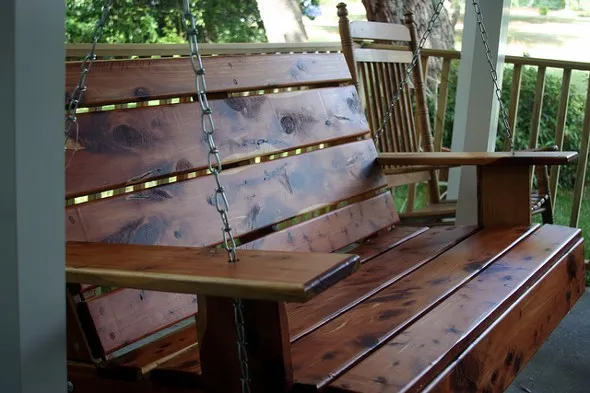When you refinance, you replace your current mortgage with shiny new one. Your new mortgage could have a longer or shorter term, be adjustable-rate or fixed-rate. The refinance decision will likely involve large sums of money, so it’s good to be clear on what getting a new mortgage entails. Here are the basics:
Check out our refinance decision calculator.
Why Choose a Mortgage Refinance?
- Rates have gone down: If interest rates have dropped significantly since you purchased your home, a refinance may be in order. There’s no need to stay locked in to the high interest rates of yesteryear if you can refinance your way to lower monthly payments.
- Your payments are painful: If your financial circumstances have changed and you’re finding it harder to write those mortgage checks every month, refinancing to a longer mortgage term could be the helping hand you need. You’ll be making payments for a more significant stretch of time, but each payment will be lower. (Of course, you have to factor refinance closing costs in to your decision).
- You’re ready to speed things up: If you’re more financially comfortable now than you were when you first financed your home purchase, you may be eager to switch from a 30-year mortgage to a 15-year mortgage. Many people feel uncomfortable with debt hanging over them, even “good” debt like a home mortgage. Plus, no one likes paying interest. Refinancing to a shorter loan term will raise your monthly payments, but lower the total interest you pay over the life of the loan.
- You want to tap home equity: Strapped for cash? You may be a good candidate for a cash out refinance, which allows you to get a new mortgage for more money than you currently owe – and pocket the difference. It’s a way of tapping home equity without putting your home on the market.
Learn more about refinance closing costs.
How to Refinance
The “re-” in refinance almost makes it sound like a refinance is a simple adjustment to your existing mortgage. Alas, it is not. Refinancing means getting a new mortgage that cancels out your existing mortgage. You’ll have to go through the same rigmarole of gathering paperwork, shopping for the best mortgage rates, negotiating with your lender, etc. A word of warning: If your credit is worse now than it was when you originally financed your home purchase, you’ll likely have a hard time finding an advantageous refinance mortgage.
Refinance Risks
Refinancing isn’t a no-brainer. Aside from the stress and hassle of going through the mortgage application process all over again, there’s the financial side of a refinance. Refinancing comes with closing costs just like your original mortgage loan did.
Going through a home refinance is a process that has the potential for risk as well as rewards. Here are the top refinance risks:
- You choose a bad mortgage: When you refinance, you sign on to an entirely new mortgage. That comes with the risk that you could sign a mortgage agreement that isn’t in your best interest. Maybe the new mortgage agreement limits your legal recourse against the lender by committing you to arbitration. Maybe it comes with prepayment penalties or excessive closing costs. You get the idea. Before you sign a refinance mortgage agreement, go through it with a fine-toothed comb.
- You don’t break even after paying closing costs: If you pay the closing costs to refinance and then end up having to move soon afterwards, chances are you won’t break even. You will have paid your lender and gone through the refinance process without any financial gain to show for it. Bummer. A good refinance rule of thumb is that the longer you’re planning on staying in the home, the more you stand to gain from refinancing.
- You pay more interest than you need to: If you refinance to a longer loan time, either to take cash out or to lower your monthly payments, you’ll pay more in interest over the life of your mortgage. That interest is money that you could have used to meet other financial goals, like saving for retirement. If you need to refinance because mortgage rates have plummeted or because you’re struggling with monthly payments, that’s one thing. But if you commit to paying thousands more in extra interest payments without a compelling reason, you’re missing out on the opportunity to use that money elsewhere.
Considering refinancing? Compare refinance mortgage rates here.
Bottom Line
Think back to when you first secured a mortgage for your home purchase and imagine going through that process again. Stressful and expensive? Sure. But a refinance could be worth it if you want to cut the time – or the monthly payments – on your home loan. As with any major financial decision, it’s a good idea to shop around to make sure you’re getting a good deal and working with someone you trust. Good luck!
Photo credit: flickr
